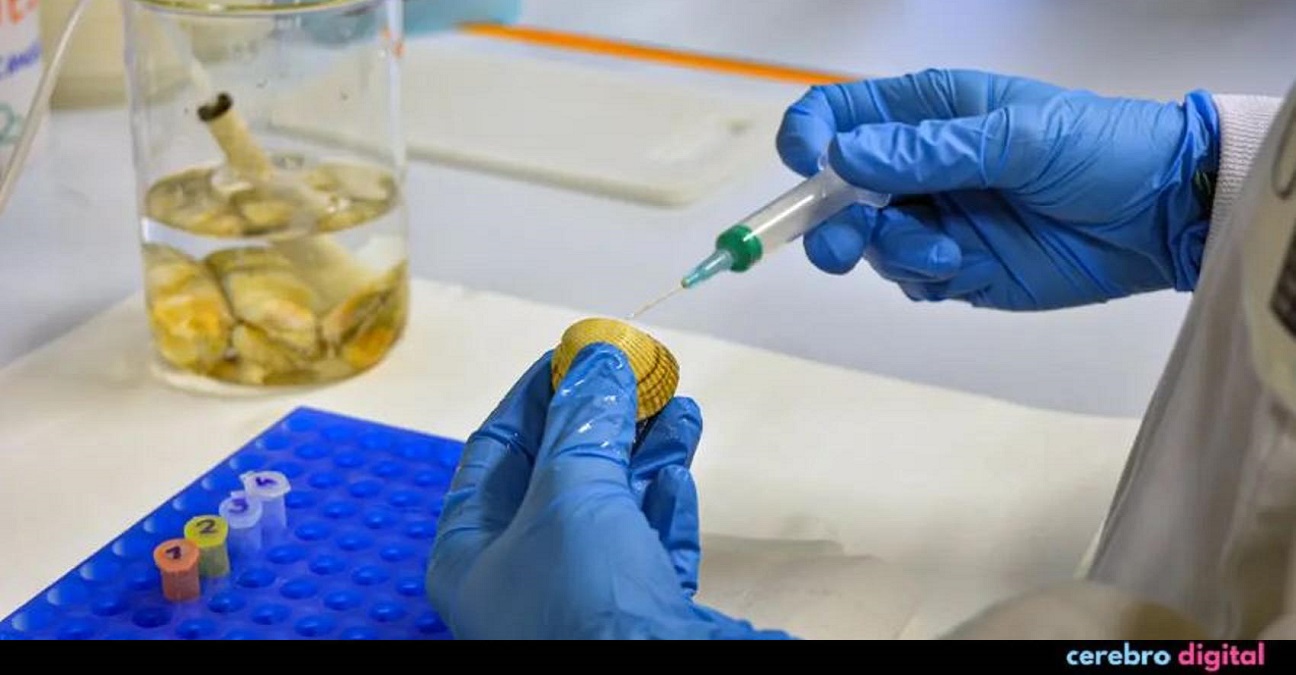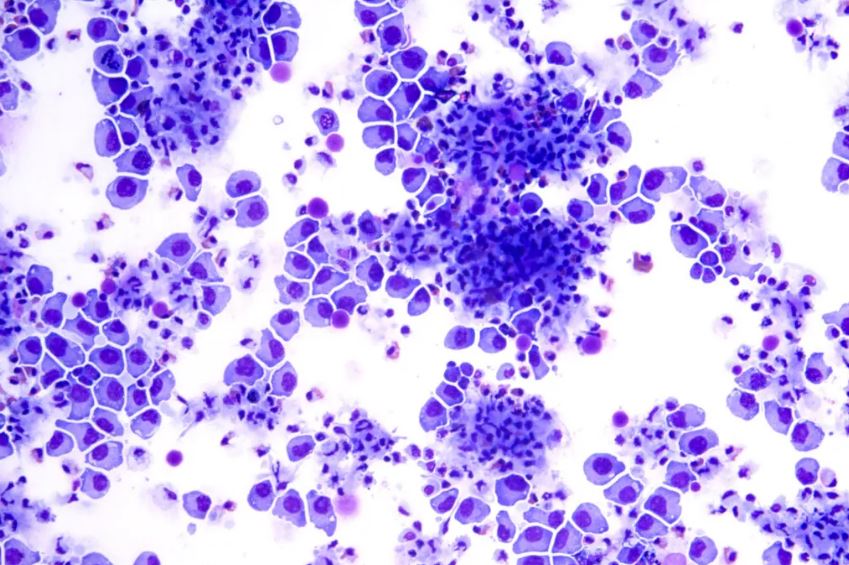Scientists have made a groundbreaking discovery that contagious cancers have been spreading among shellfish for centuries, offering new insights into the nature of cancer and potential implications for human cancer treatment.

These contagious cockle cancers are known as bivalve transmissible neoplasia (BTN), which are transmitted from one shellfish to another through seawater. This mode of transmission has similarities to certain contagious cancers in other animals, such as Tasmanian devils and dogs.
Researchers from the UK’s Wellcome Sanger Institute and the Universidade de Santiago de Compostela in Spain conducted DNA sequencing to examine how these ancient cancers have silently spread among cockles for generations. They collected around 7,000 cockles from various locations in 11 countries, finding two different types of BTN.

What makes these cancers particularly unique is their high genetic instability, containing varying numbers of chromosomes, a rarity among cancers. This challenges the conventional notion that cancers require genetic stability to survive long-term.
Understanding how these cancer cells tolerate such instability could offer new approaches to treating human cancer.
The research could provide insights into how cancers can survive as parasites for thousands of years, with potential implications for both marine animal populations and human cancer treatment.
